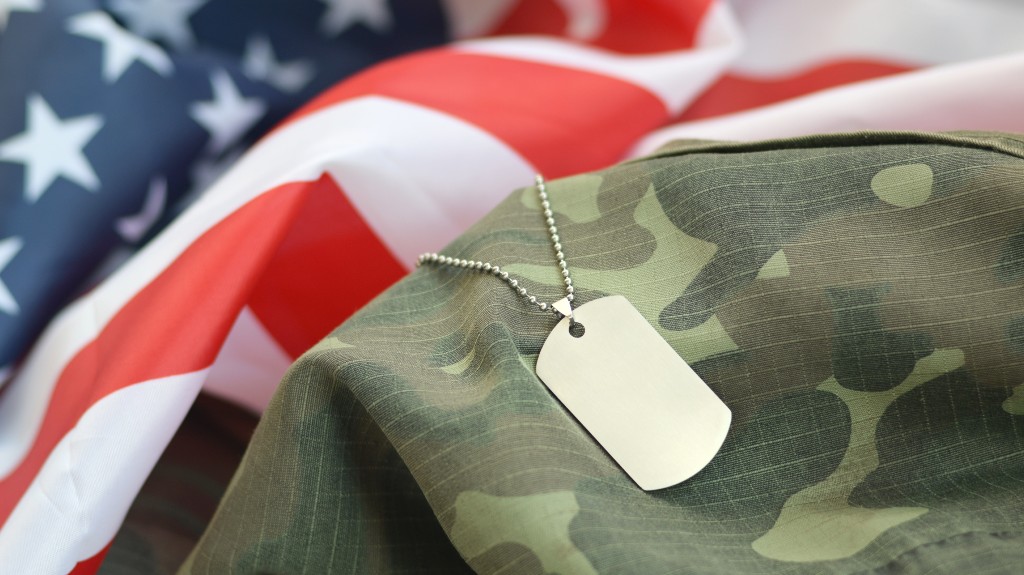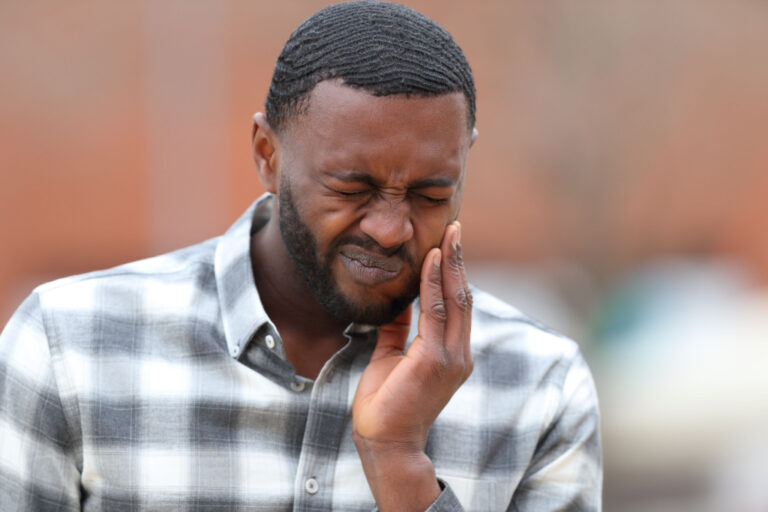Top Reasons Why Veterans Claims Get Denied by the VA
You served your time to your country. Unfortunately, your time in service has left you with an injury or condition that has made it difficult or impossible to gain substantial employment.
The next step for many veterans is to apply for veteran benefits through the VA. These disability benefits exist for veterans who are unable to work due to a service-related condition.
Unfortunately, as many as 30% of veterans’ claims are denied by the VA each year. Even more unfortunate is that many veterans qualify for benefits but may have been rejected due to minor administrative details with their case. Many gave up applying for help after a denial or even had a condition that has since been approved by the VA, which they weren’t aware of.

Top Reasons Why A Veterans Claim Gets Denied by the VA
- VA Application Was Incomplete
- VA Application Missed the Deadline
- VA Application Lacks Medical Evidence
- Your Diagnosis Lacks a Service-Related Injury
- You Don’t Have A Specific Diagnosis
- An Attorney Didn’t Represent You
VA Benefits Application Was Incomplete
The application process for VA benefits can be complex. It is expected that all forms will be completed and have enough information to allow the VA to determine that the condition warrants that you receive benefits. The VA prefers Fully Developed Claims, which are claims that are considered to have all the information present for the VA to decide on your benefits. An attorney can help with this application process the first time.
VA Application Missed the Deadline
It is possible to receive backpay compensation for a service-related injury that has kept you out of work for years. However, there may be deadlines that you need to adhere to with the application process. For example, you may need to provide additional evidence to support a claim within a specific time limit. In addition, you may be required to set doctors visits within a deadline as well.
VA Application Lacks Medical Evidence
Applications that don’t have evidence of a disability, including forms and evidence from a doctor, may be denied. This may be an oversight from you or your doctor, but either way will likely cause a claim to be denied. If the issue is that your doctor didn’t do a good enough job proving your disability or doesn’t agree that you have a disability, an attorney can help find a doctor for a second opinion.
Your Diagnosis Lacks a Service-Related Injury
While your application may prove that you have a disability, if the service connection isn’t obvious, the VA would likely deny your claim. This is where keeping all records of visits during and after your time in service is important. Again, an attorney can potentially help provide a more obvious service connection through another doctor or studying medical evidence and emerging approved service connections to help paint the picture for the VA.
You Don’t Have a Specific Diagnosis
Often, veterans may have health conditions that are difficult to diagnose or several smaller conditions that lead them to be unable to work. But without a clear and specific diagnosis, it is easier for the VA to deny them benefits. An attorney can help refine the application and get a more clear diagnosis in place.
An Attorney Didn’t Represent You
There is a higher percentage of success in new cases or appeals if you work with an attorney for VA benefits. Attorneys that have worked with the VA before understand the ins and outs of the process and what things the VA needs to see to approve a case.




